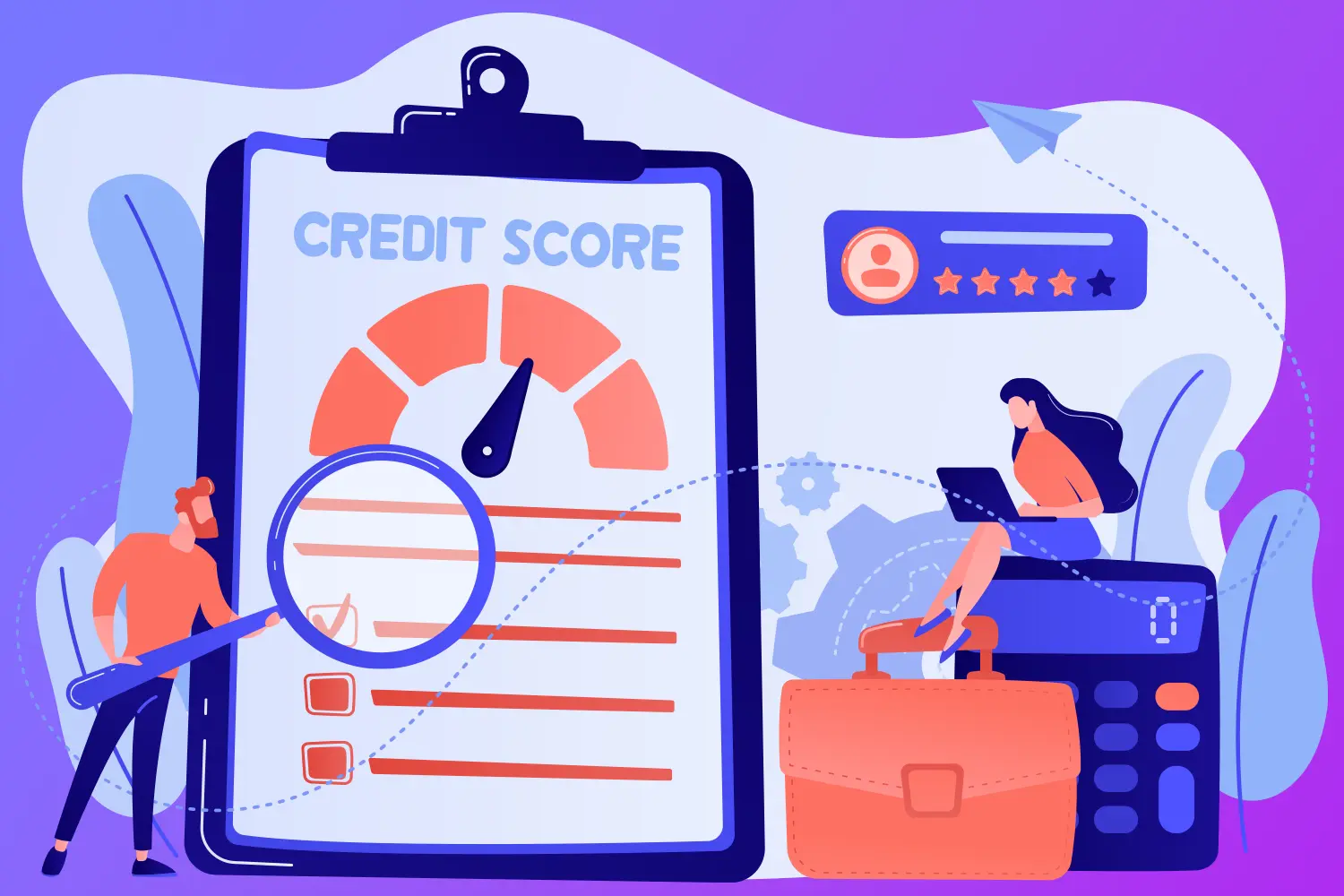- Home
- Personal Finances
- Building and Maintaining Good Credit for Financial Success
Building and Maintaining Good Credit for Financial Success
- Installment Loans, Personal Finances

Having good credit is essential for financial success. It not only affects your ability to borrow money but also determines the interest rates you qualify for and the options available to you when seeking credit. In this article, we will discuss the importance of good credit, provide tips on improving and maintaining a healthy credit profile, and highlight the benefits of responsible borrowing and timely repayments.
The Importance of Good Credit
Access to borrowing options
Good credit opens up a world of borrowing options. Whether you’re looking to finance a car, purchase a home, or obtain a personal loan, lenders consider your creditworthiness before approving your application. With good credit, you are more likely to be approved for loans and credit cards, and you may even qualify for better interest rates and terms.
Lower interest rates
A good credit score can save you thousands of dollars over time. Lenders offer lower interest rates to borrowers with good credit because they view them as less risky. With a higher credit score, you can enjoy lower interest rates on mortgages, auto loans, and credit cards, ultimately reducing the cost of borrowing.
Rental and utility applications
Landlords and utility companies often check credit scores before approving rental applications or setting up utility services. A good credit score demonstrates financial responsibility and increases your chances of being approved for the rental property of your choice and obtaining utility services without a hefty deposit.
Tips for Improving and Maintaining Good Credit
Pay bills on time
Paying your bills on time is crucial for maintaining a healthy credit profile. Late payments can negatively impact your credit score, so it’s important to prioritize paying your debts by their due dates. Setting up automatic payments or reminders can help ensure you never miss a payment.
Reduce credit utilization
Credit utilization refers to the percentage of your available credit that you are currently using. To maintain a good credit score, it’s recommended to keep your credit utilization below 30%. Lower credit utilization demonstrates responsible credit management and can positively impact your credit score.
Regularly check your credit report
Monitoring your credit report is essential for identifying errors or fraudulent activity that could harm your credit score. By law, you are entitled to one free credit report from each of the three major credit bureaus annually. Review your credit report regularly and report any discrepancies to the credit bureaus to have them corrected.
Diversify your credit mix
Having a mix of different types of credit, such as credit cards, loans, and a mortgage, can positively impact your credit score. Lenders like to see that you can manage different forms of credit responsibly. However, it’s important to only take on credit that you can comfortably handle and avoid excessive debt.
Avoid closing old credit accounts
Closing old credit accounts can negatively impact your credit score, especially if they have a long history of on-time payments. Keeping these accounts open shows a longer credit history, which is favorable to lenders. Instead of closing them, consider keeping them active by making small purchases and paying off the balance in full each month.
Responsible Borrowing and Timely Repayments
Building credit history
Responsible borrowing, such as using credit cards and making timely repayments, helps build a positive credit history. By consistently paying your debts on time, you demonstrate to lenders that you are a reliable borrower. This establishes trust and improves your creditworthiness over time.
Lower interest rates and better terms
Responsible borrowing and timely repayments can lead to lower interest rates and better loan terms. Lenders are more likely to offer favorable rates and terms to borrowers with a proven track record of responsible credit management. By maintaining a good credit profile, you can save money on interest payments and potentially qualify for larger loan amounts.
Increased credit limits
As you build a positive credit history, lenders may increase your credit limits. This allows you to access more credit if needed and can further improve your credit utilization ratio. However, it’s important to use increased credit limits responsibly and avoid overspending.
Opportunities for financial growth
Having good credit opens doors to financial opportunities. It can make it easier to qualify for housing, secure employment, and obtain favorable insurance rates. Good credit can also give you peace of mind knowing that you have a solid financial foundation and are well-positioned for future financial success.
Conclusion
Building and maintaining good credit is a crucial step towards financial success. It provides access to borrowing options, lower interest rates, and favorable terms. By following the tips shared in this article, such as paying bills on time, reducing credit utilization, and regularly checking your credit report, you can improve and maintain a healthy credit profile. Responsible borrowing and timely repayments not only benefit your credit score but also open doors to financial opportunities and long-term financial growth. Start building good credit today and pave the way for a secure and prosperous financial future.
Frequently Asked Questions
Building good credit takes time and consistency. It typically takes at least six months of responsible credit management to start seeing improvements in your credit score.
- While it’s not possible to improve your credit score overnight, responsible credit management and timely repayments can help boost your credit score over time.
The main differences between payday loans and installment loans include the loan amount, repayment terms, and fees. Payday loans are typically for smaller amounts and must be repaid in full on your next payday, while installment loans are for larger amounts and can be repaid over a longer period of time in regular installments.
Closing a credit card can actually harm your credit score, especially if it’s an old account with a positive payment history. It’s generally better to keep old accounts open, even if you’re no longer actively using them.
It’s recommended to check your credit report at least once a year. However, you can also sign up for credit monitoring services that provide regular updates and alerts if there are any changes to your credit report.
Get your Installment loan even if you don't have a good credit score
Get an Installment Loan to cover your Unexpected Expenses.
You can get up to $1,000 as soon as the next business day.







